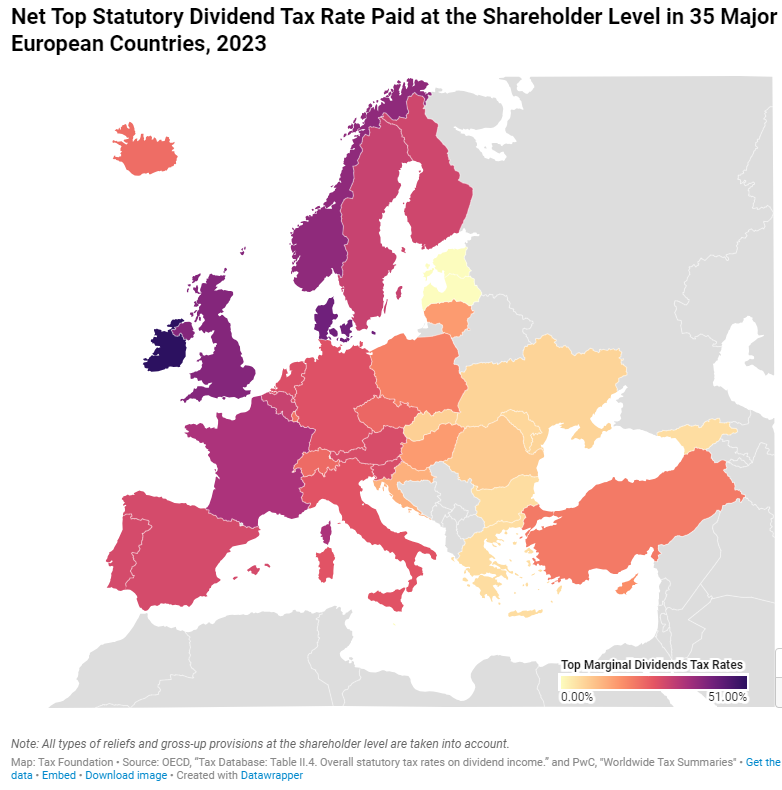A House Vote, A Senate Hope
The House passed a two-tiered spending bill. The plan, which would fund some government agencies through mid-January and remaining government agencies through mid-February, passed in a bipartisan 336-95 vote, with opposition from conservative Republicans. Senate Majority Leader Chuck Schumer (D-NY) said he and the White House are on board with the stopgap funding proposal. The Senate needs to pass the bill before Saturday to keep the federal government open.
A government shutdown affects more than workers in Washington, DC. TPC’s Gabriella Garriga and Lillian Hunter report on data from the Bureau of Labor Statistics that show the share and number of federally employed workers in each state. While the share is highest in Washington, D.C., at 24.7 percent, the number of federal workers is highest in California (249,600) and Texas (220,900). Florida (156,200) has roughly as many federal workers as Maryland (160,000). People across the country—federal employees, federal contractors, and military personnel—would feel the consequences of a federal government shutdown.
Lifetime Social Security and Medicare taxes will be lower than related benefits in future decades. TPC’s Gene Steuerle and Karen Smith share results from their new report on lifetime Social Security and Medicare benefits and taxes. In 2023 dollars, they show how much hypothetical workers receive in lifetime benefits compared to how much they pay in taxes that help fund these programs. For a single male earning an average wage every year and who retired in 2020 at age 65, lifetime Social Security and Medicare benefits would equal about $640,000, while total taxes paid would be just shy of $470,000. For a couple with one average earner and one low-wage earner, benefits would total about $1.24 million, while taxes would reach $680,000. The data illustrate how policymakers could scale back the rate of growth of benefit increases and still allow lifetime benefits to increase significantly for each cohort of future retirees.
New York City lawmakers send a local pot tax relief bill to the governor’s desk. The legislation would offer local tax relief to New York City marijuana businesses that can’t make federal deductions for business expenses under Internal Revenue Code section 280E. New York State allows state-level cannabis business tax deductions, but New York City’s municipal tax law does not currently mesh with the state-level law. The legislation corrects that policy gap.
Denmark proposes a “green tax” on flights. Under the proposal, an airline passenger would pay a $9 tax per flight within Europe, $35 for a medium-distance flight, and $56 for a long-distance flight. The policy would be phased in between 2025 and 2030. The tax is expected to generate about $110 million. Half of the revenue would be used to support a transition to have all domestic flights use 100 percent sustainable fuels by 2030; another portion of revenue would support pension increases for Denmark’s elderly citizens.
For the latest tax news, subscribe to the Tax Policy Center’s Daily Deduction. Sign up here to have it delivered to your inbox weekdays at 8:00 am (Mondays only when Congress is in recess). We welcome tips on new research or other news. Email Renu Zaretsky at [email protected].






